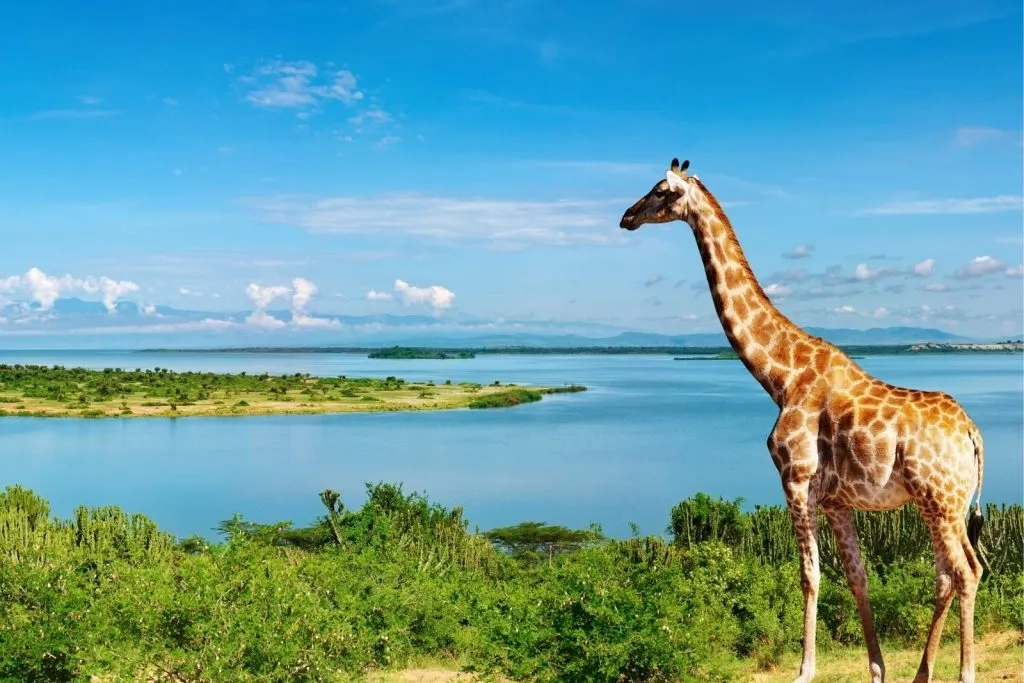1. Cost of Rent. Average Rent: Monthly rent for a one-bedroom apartment in urban areas might range from $150 to $500 or more, depending on the neighborhood and amenities.
2. Healthcare: Major cities offer well-established hospitals and clinics, while rural areas may have more limited access to medical services.
3. Transport: Public transportation includes buses, minibusses (matatus), and boda-bodas (motorcycle taxis). These are generally affordable options for getting around. Owning or renting a car is an option. Fuel prices, maintenance, and insurance contribute to the overall cost of private transport.
4. Food: Uganda offers a variety of dining options, from street food to upscale restaurants. Eating out can be affordable, with meals at local eateries costing between $2 and $10. The cost of groceries depends on dietary preferences and shopping habits.
5. Utilities: Utility costs can vary based on usage and location. Monthly utility bills for a standard apartment might range from $20 to $50.
A moderate cost of living for a single person in Uganda is approximately around $500 to $800 per month, excluding accommodation costs. This estimate covers basic expenses like food, transportation, utilities, healthcare, and miscellaneous costs.
Pros:
- Natural Beauty and Wildlife: Stunning landscapes, including lakes, mountains, and national parks. Uganda is home to diverse wildlife, making it a great destination for nature lovers.
- Affordable Cost of Living: Compared to many Western countries, the cost of living in Uganda is relatively affordable.
- Adventure Opportunities: Uganda offers various adventure activities, including gorilla trekking, safaris, and water sports.
- Cultural Events and Festivals: Uganda hosts a variety of cultural events and festivals throughout the year, providing residents with opportunities to engage in local traditions and celebrations.
Cons:
- Infrastructure Challenges: Some areas in Uganda face infrastructure challenges, including unreliable electricity and water supply, as well as road conditions that may not be optimal in certain regions.
- Healthcare Limitations: Rural areas may have limited access to medical services.
- Traffic and Transportation Issues: Traffic congestion can be an issue in urban areas like Kampala.
- Political and Social Issues: Uganda has experienced periods of political and social unrest. While the situation has generally been stable, it's essential for residents to stay informed about the current socio-political climate.
- Disease Risks: Some regions of Uganda are at risk for certain tropical diseases.
1. Kampala: Kampala offers a blend of urban and suburban living, with a variety of amenities, restaurants, entertainment options, and cultural attractions.
2. Entebbe: Entebbe is known for its tranquility and natural beauty. It is home to the country's international airport and offers a more relaxed lifestyle.
3. Jinja: Jinja offers a laid-back atmosphere and is a popular destination for water sports and outdoor activities.
4. Mbarara: Mbarara is a regional center with a growing urban environment. It serves as a gateway to neighboring countries.
- Understand Visa Requirements:
Research and understand the visa requirements for your specific situation. Choose a visa category that aligns with your purpose of immigration.
- Work with a Local Sponsor or Employer:
If you are moving to Uganda for employment, work with a local employer who can assist in the work permit application process. Having a job offer or sponsorship can streamline the immigration process.
- Health Check and Vaccinations:
Be aware of any health requirements for entry into Uganda. Some vaccinations may be mandatory, and a medical examination may be required.
- Secure Accommodation:
Arrange temporary or permanent accommodation before your arrival. Having a place to stay upon arrival can contribute to a smoother transition.
- Cultural Awareness:
Familiarize yourself with Ugandan culture, customs, and social norms.






